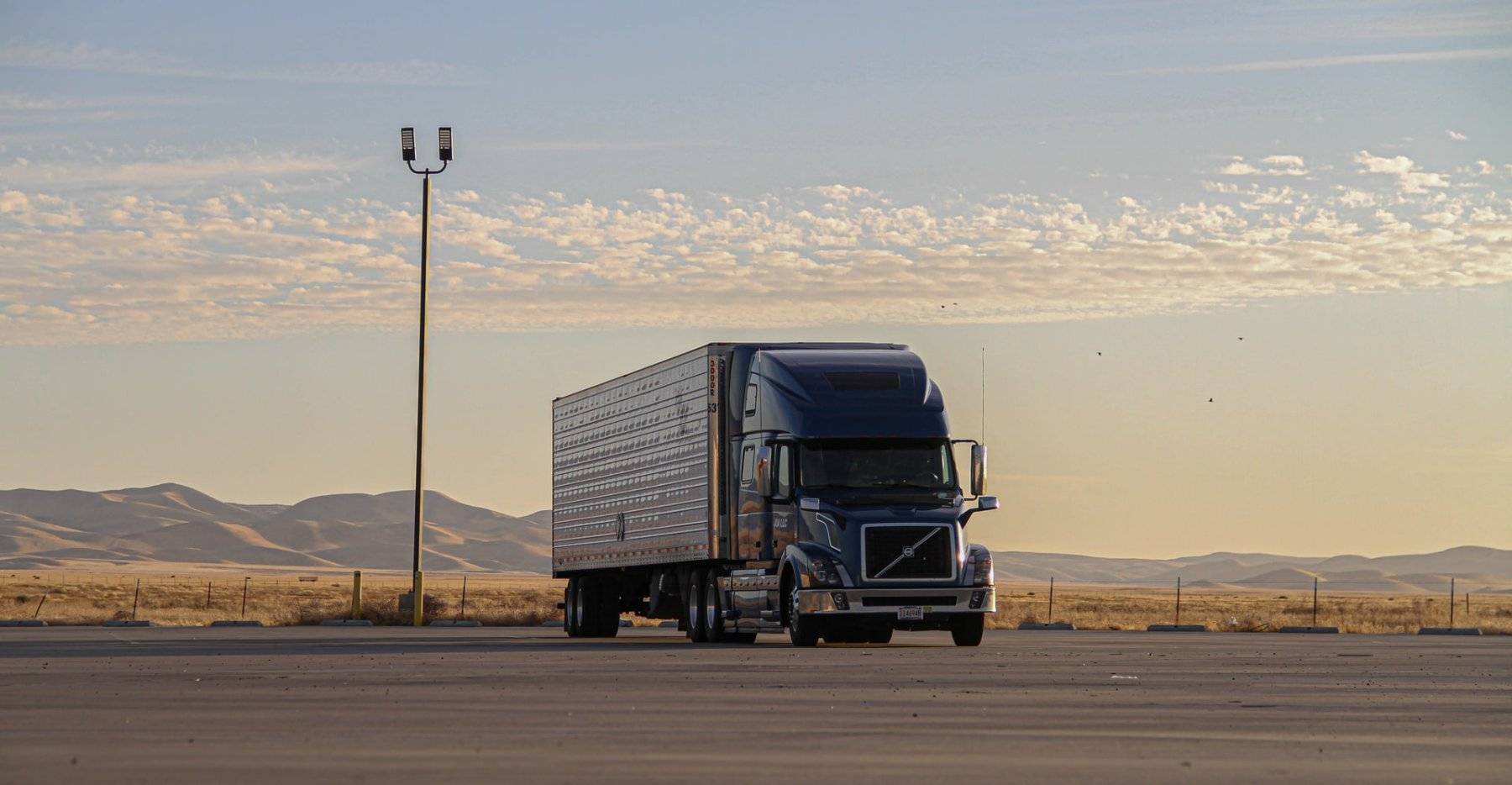Logistics is a booming industry, and it's no surprise why. With the growth in e-commerce and the global pandemic, more products are being delivered to customers' homes than ever before. As a result of this increasing demand for logistics services, many entrepreneurs have been drawn to this growing market so they can make money shipping goods from one place to another.
If you're looking at starting your own logistics company but don't know what you should do first, keep reading!
Choose The Right Vehicles
You want to make sure that you're spending money on a car or truck that has the capability of performing its tasks well and reliably. This will ensure increased productivity and efficiency in terms of time and cost. This also means considering how much space they'll need to store inventory or packages. The vehicle could be difficult to maneuver if it has limited interior space and if the contents are taking up too much room.
Take into consideration where you live and decide whether most people drive cars or trucks. If there aren't many roads with heavy traffic running through them, it may be worthwhile to invest in a larger vehicle with heavy-duty suspension.
Think About Maintenance
Once you've spent the money and secured your fleet of vehicles this is only the beginning. You'll need to ensure that they remain well maintained because when they're out of action it will cost you business. This means allocating some of your budgets specifically for this purpose, whether you're hiring someone to come onsite to service the vehicles or are taking them to an external company.
If you check out the internet you'll discover the available options for your logistics company. If you need truck engine repairs you can discover people who are experts at diagnosing and repairing diesel engines, and maintaining trucks and trailers. You can also get help with the belts, filters, lights, hoses, brakes, wiring, tires and more.
Be Mindful Of Your Business's Purpose and Goals
Your company needs to have a mission statement that you can clearly define. Then you can work towards achieving it by setting realistic goals that you can measure at specific times. You'll want to think about how long you need this venture to last and what kind of profit margins are possible.
Also consider things like high demand seasons, supply availability issues at various times throughout the year(s) and the potential for growth.
Choose Your Focus
Your company will be known as a third-party logistics provider, which means that it's an independent company helping others with their logistical needs. Some people might think it's best to start this venture by focusing on one specific type of service. For example, they could choose to just work in the automotive industry if their passion lies there. You may wish to consider what kind of experience you have and then target the market that best fit your expertise.
If you can, however, it's better to target multiple industries so you can draw upon different resources and connections. Failing that, widen your net over time as you acquire more experience and knowledge. It may even be worth getting an MBA or other advanced degree in order to acquire the necessary expertise.

Know What To Expect
You’ll need to know how much capital is required of you and also understand that things may not go as smoothly as you wish. However, if you have good networking skills, a little luck on your side and a strong work ethic this could turn into an extremely profitable business venture for you.
If you want to get into freight forwarding or ocean shipping, be prepared for high start-up costs. If you want to do trucking or warehousing, plan on leasing space upfront. For international delivery services like courier services or air freight companies, make sure that you have experience with customs and know the rules and regulations well before starting up.
Think About Marketing
Many logistics businesses fail because they market themselves poorly and don't attract enough customers. The key lies in reaching out effectively to your target audience through various marketing platforms such as social media campaigns and printed material such as leaflets and flyers. Word-of-mouth advertising within local communities can also be effective, especially when it comes from happy customers!
The marketing campaigns should highlight why a potential customer would be better off using your company instead of a competitor. For this reason, you need to decide what makes your service unique. Competitor analysis can help you identify your strengths against their weaknesses. From here it's easy enough to come up with good marketing material that explains how you can meet your clients' needs.
Assess The Risks
There may be too many logistics companies out there and too much competition. If you’re not confident your company can compete it may be a good idea to look at other options instead. You need to establish whether this market has sufficient demand for new businesses in your area. If it's already saturated with established players, creating another company could result in failure.
You also need to ensure that there are no regulations that could hamper your business. For example, there are laws in place that could make it difficult for a logistics company to run out of a residential property. In addition, the business must be able to generate enough income from day one in order to survive. You should also think about your work-life balance. Would your family suffer if you devoted much of your time to this new enterprise?
General Considerations
You should think about getting insurance coverage and any licenses and certifications required before you can legally operate. Also, think about the space you will need for your vehicles, warehouse and office. It's wise to get advice from a lawyer who specializes in business to ensure that you are legally and financially compliant.
Once you've done the research and set everything up, you'll be good to go. Your business will hopefully fill a gap in the market and grow with every passing year.

